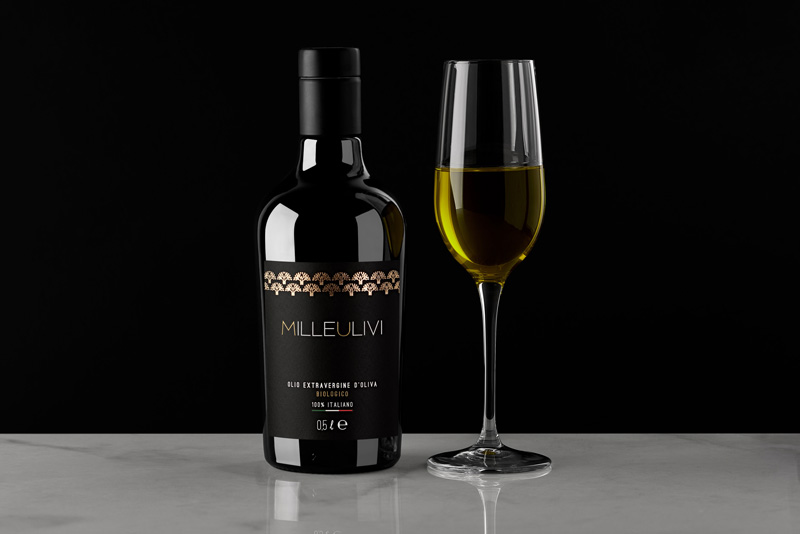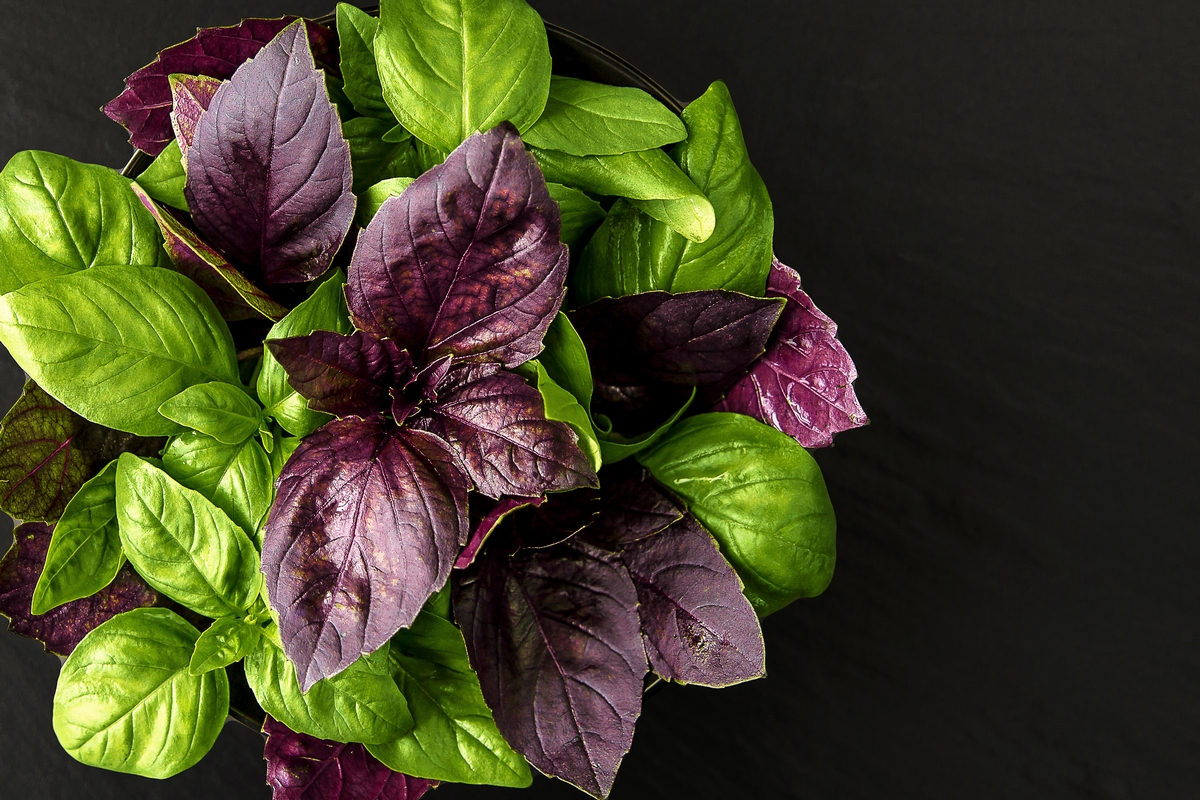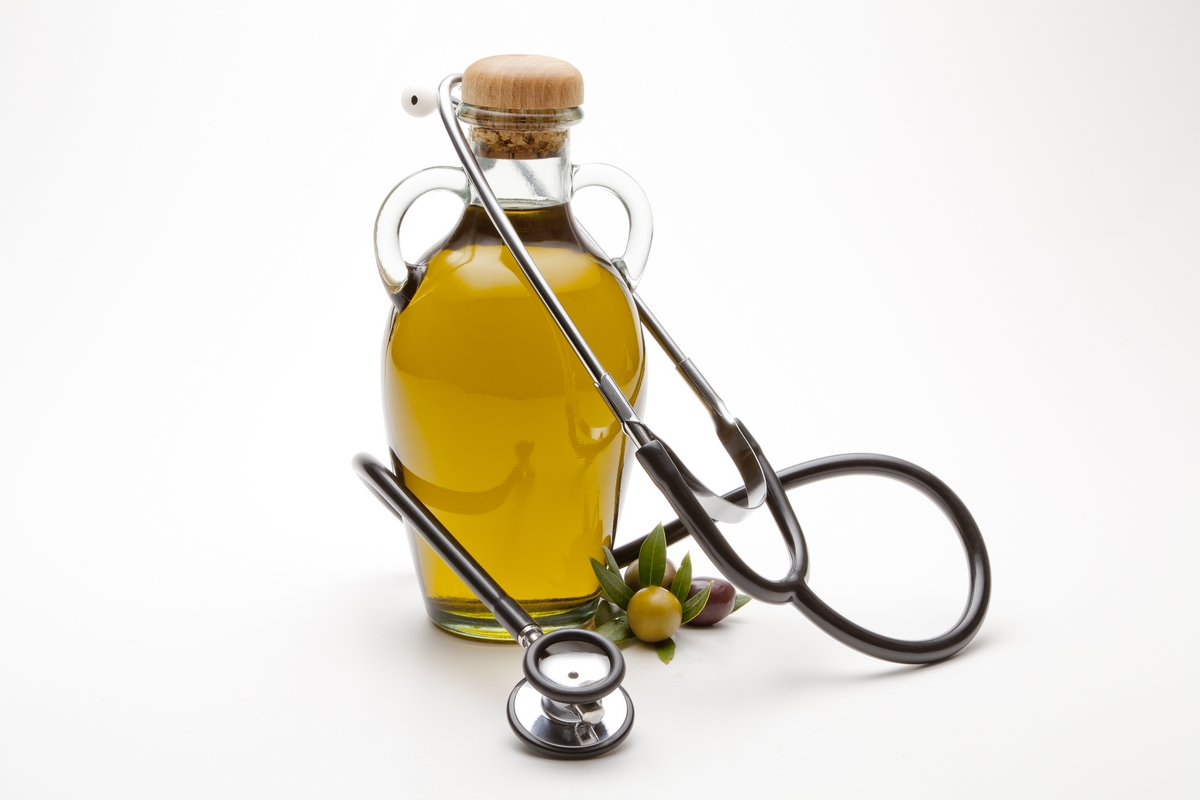A Thousand Years

While doing research, Ancel Keys, who first studied the effects and benefits of the Mediterranean diet, spent a long time on the island of Crete observing the eating habits of the population with a particularly long lifespan. Keys inquired about the breakfast of certain farmers who were still working at the age of 100, and learned that they ate very little before going to work in the fields but that most of them “drank a glass of olive oil”.
An increasing number of scientific studies have shown that in geographical areas bordering the Mediterranean sea, where olive trees are traditionally cultivated and where the consumption of olive oil is high, life expectancy is among the highest in the world; on the contrary, the incidence of cardiovascular diseases, some cancers and other chronic diseases is instead among the lowest in the world.
The Mediterranean Diet, otherwise and not by chance also known as “the diet practiced in the Mediterranean areas of olive growth”, is now considered a nutritional model, so much so that it was recognized in 2010 by UNESCO as a “protected asset” and as such inserted in “The Representative List of the Intangible Cultural Heritage of Humanity”.
Extra virgin olive oil (EVO) is in fact a vegetable juice with unique chemical and nutritional properties, a medicinal food rich in a peculiar nutritional weave of fatty acids and a set of antioxidant microelements that cannot be found elsewhere.
The unequalled balance between saturated, monounsaturated and polyunsaturated fatty acids that characterizes extra virgin olive oil, a balance significantly similar to that of breast milk, makes it an ideal food even for babies who have just been weaned.
In adults, the balanced composition between oleic acid and vitamin F (omega 3 and omega 6 fatty acids) present in extra virgin olive oil performs a valuable function in decreasing bad cholesterol and maintaining good cholesterol levels, thus contributing to the protection of the arteries and the heart, and the consequent lowering of the risk of cardiovascular diseases.

But what makes an extra virgin olive oil truly unique in taste and nutritional properties is the vast and articulated set of polyphenols and antioxidant molecules. It also has a gentle emollient action on the tissues, and has functions to protect the gastrointestinal mucous membranes and regulate digestion. These bio-chemical characteristics have proven to be particularly effective in combating cellular aging, cardiovascular and neurodegenerative diseases and also some forms of neoplasms.
The extraordinary visual, organoleptic and aromatic profile of extra virgin olive oil is thus not only a source of delight for the eyes and palate but also, and above all, the best proof of its excellent nutritional richness. In addition to having beneficial effects on people, polyphenols are also beneficial for the oil itself, in fact, the number of polyphenols is crucial for the lifespan of the oil: they help to preserve it from the action of peroxides. Therefore a higher number of polyphenols means greater protection against many diseases for consumers and a longer “life” for the oil.

SHOP OUR OILS
